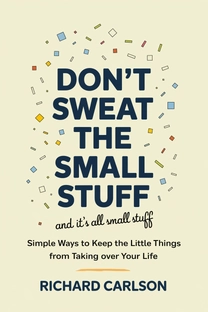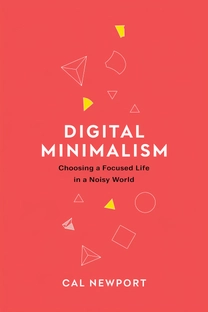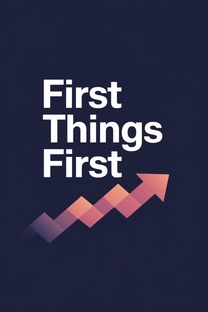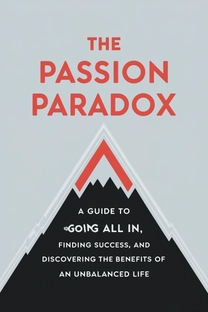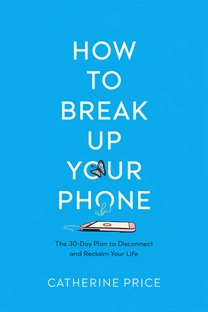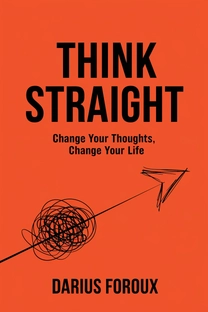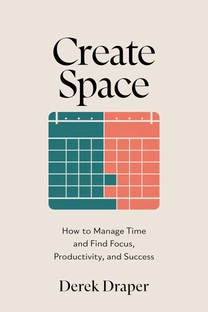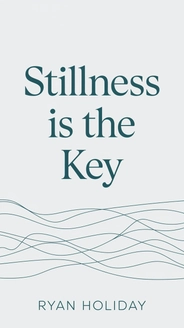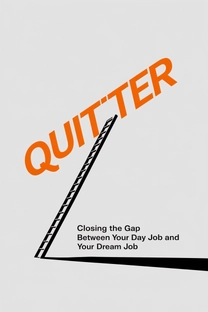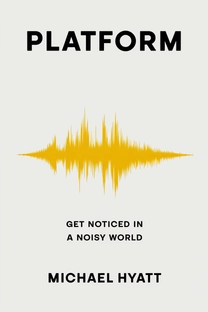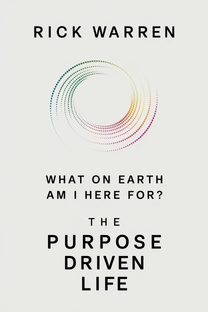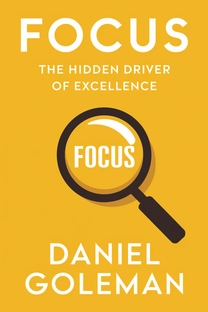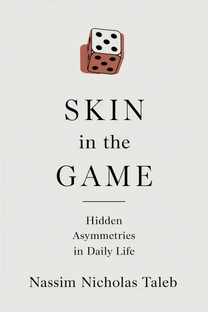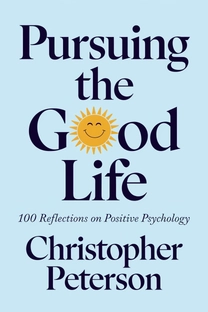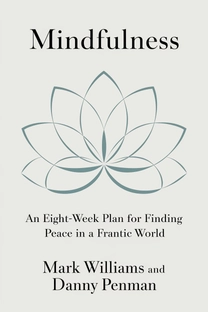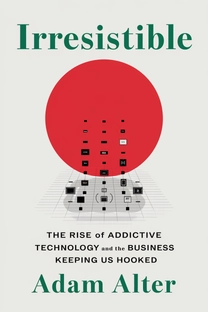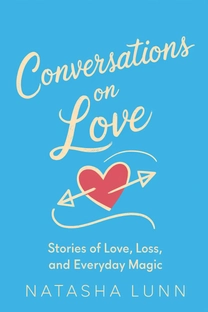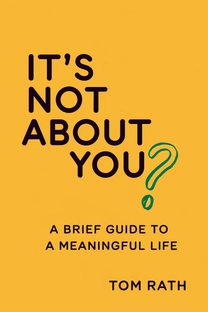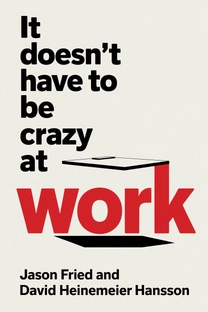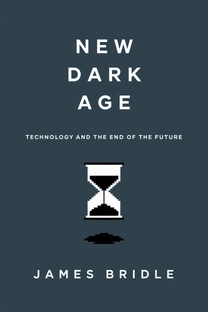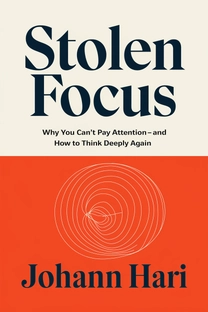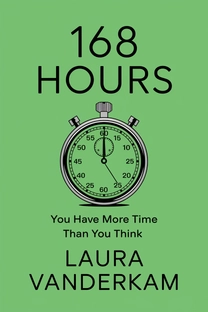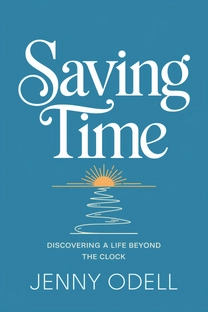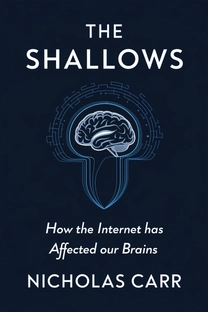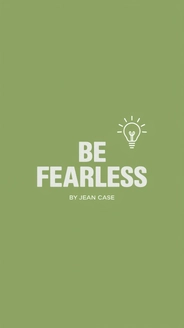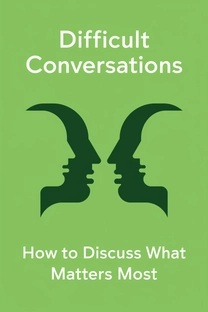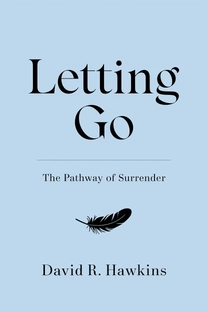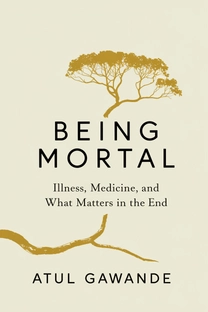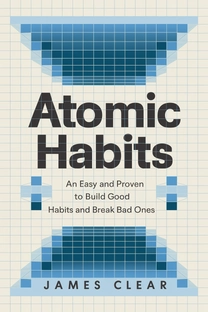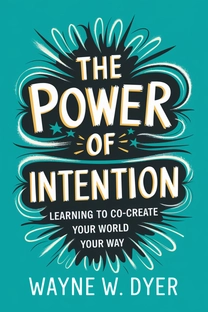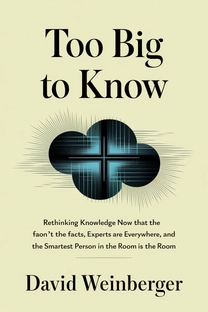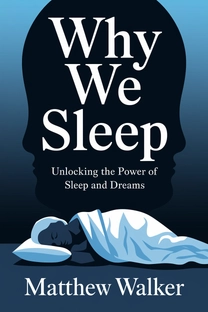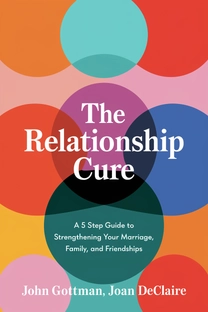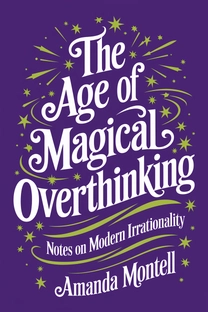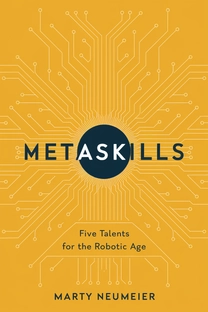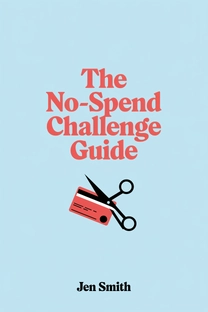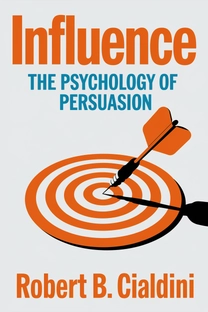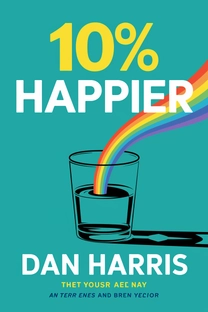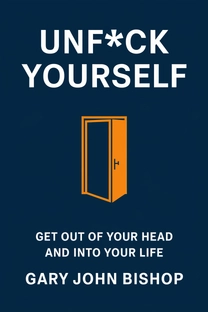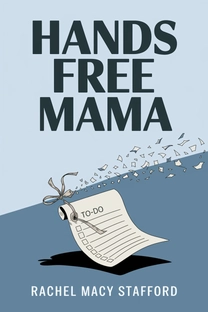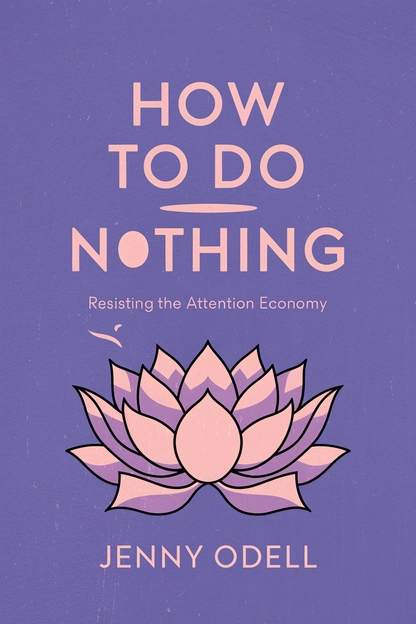
How to Do Nothing
Resisting The Attention Economy
by Jenny Odell
Brief overview
This book offers a fresh perspective on modern life’s demand for constant productivity and busyness. By exploring personal anecdotes and cultural histories, it reveals how choosing to pause, resist distraction, and cultivate true presence can help us reconnect with ourselves and our communities.
Introduction
Imagine waking up and feeling your thoughts already hijacked by news alerts, social media feeds, and daily obligations. We hardly get a moment to pause. Yet in these hectic times, intentionally taking a step back can feel like a radical act. Doing *nothing*—even briefly—has the power to surface overlooked truths.
This book begins by asking questions about what it means to be genuinely alive in an age that demands constant engagement and visibility. Ultimately, it invites us to see how moments of deliberate inactivity can restore a vibrant inner life. By observing the hustle of modern schedules, the text encourages a kinder look at how we distribute our attention.
You’ll travel through stories of eccentric philosophers, historical movements, and even personal reflections, each one illustrating that pausing doesn’t mean giving up. Instead, these examples reveal the startling power of thoughtful stillness: they open doors to deeper insight and richer social ties.
Why Doing Nothing Matters
We often struggle with the concept of doing nothing because it conflicts with a culture that prizes constant achievement. But if we view “nothing” as a sacred pause, it becomes a place of refuge. Daydreaming, occasionally staring into space, or listening quietly to our surroundings can be surprisingly transformative.
From ancient teachers to modern artists, many have insisted we need periods of rest to spark creativity and empathy. When we break the cycle of ceaseless productivity, we rediscover the nuances of everyday life. Suddenly, the smallest details—a bird’s song, a shift of light—become significant.
Doing nothing also challenges the notion that we find worth only through work. The author of this text defends leisure as a public good, like a community garden that thrives not because it yields profit, but because it nourishes our sense of place. These small changes in perspective help us see that unstructured time is not wasted but essential.
What is How to Do Nothing about?
How to Do Nothing: Resisting The Attention Economy by Jenny Odell challenges the prevalent norms of constant productivity and relentless busyness in today's society. Odell's examination of the attention economy reveals how we've been conditioned to equate time with material value, often neglecting the intangible nourishment that moments of rest and reflection provide. Through engaging personal narratives and well-researched cultural histories, the book offers a unique perspective on the necessary act of pausing and resisting distractions.
In an era where technology continually encroaches upon our attention, this book makes a compelling case for resisting the urge to "always be on." Odell uncovers the deep-seated pressure to be perpetually visible and productive, arguing that reclaiming our time and mental space can lead to a more meaningful connection with ourselves and our communities. By reevaluating how we distribute our attention, Odell empowers readers to rediscover personal joy and societal relevance in acts that don't necessarily translate into economic gain.
Review of How to Do Nothing
Jenny Odell's How to Do Nothing: Resisting The Attention Economy stands out for its incisive critique of the modern obsession with productivity. The book's strength lies in its argument that, contrary to popular belief, inactivity and moments of reflection can be deeply enriching. Odell presents practical ways to reclaim trivial time, encouraging readers to understand the power of focused inattention as a form of personal empowerment.
The book is particularly valuable for its accessible yet thorough exploration of how social media has reshaped identity. Odell does not simply critique; she provides actionable insights into how individuals can foster genuine creativity, community belonging, and personal tranquility outside the algorithm-driven digital landscape. Through an engaging narrative style, Odell crafts a persuasive call to reimagine productivity and value, not as mere outputs but as holistic and regenerative processes.
This work is a must-read for anyone feeling trapped in the perpetual churn of online life. It serves as an enlightening guide for navigating the ubiquitous pressures to perform and produce. Odell eloquently argues for a shift toward more human-centric ways of living and engaging—a shift accessible to all who dare to disconnect momentarily from the frenzy. Highly recommended for anyone seeking a more balanced, intentional life.
Who should read How to Do Nothing?
- Mindfulness Practitioners
- Technology Critics or Enthusiasts
- Mental Health Advocates
- Social Media Influencers or Users
- Community Leaders and Social Activists
About the author
Book summaries like How to Do Nothing
Why readers love Mindleap
10-Minute Book Insights
Get the core ideas from the world's best books in just 10 minutes of reading or listening.
Curated For You
Discover your next favorite book with personalized recommendations based on your interests.
AI Book ExpertNew
Chat with our AI to help find the best book for you and your goals.
Reviews of MindLeap
Love how I can get the key ideas from books in just 15 minutes! Perfect for my busy schedule and helps me decide which books to read in full.
Alex R.
The summaries are incredibly well-written and the audio feature is perfect for my commute. Such a time-saver!
Jessica M.
Great app for personal growth. The insights are clear and actionable, and I love how they capture the essence of each book.
Chris P.
The app is beautifully designed and the summaries are top-notch. Definitely worth every penny!
Sarah K.


